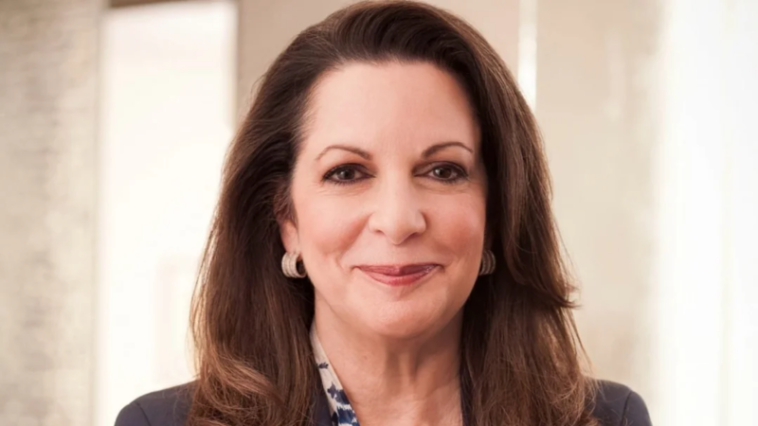Years before she became one of the most respected figures in American casual dining, Julia Stewart was told she’d never be CEO. At the time, she was serving as president of Applebee’s, having led the company through a period of impressive growth.
According to Stewart, the sitting CEO promised her the top role if she could make the company profitable. She did exactly that: got the stock prices to double, improved the revenue, and got the new team she was handed to thrive. But when Stewart finally asked to step into the role she’d earned, the answer from the CEO wasn’t a delay or a condition.
It was a flat “no.”
No reason. No follow-up. Just a refusal, with the implication that no amount of performance would change the decision. Stewart left the meeting, took a night to think, and resigned the next day. The CEO reportedly tried to stop her from leaving, claiming it would hurt the stock. The two finally reached an agreement, and Stewart left after ensuring that her team was properly situated and the company would not fall into financial ruin.
That decision would shape the rest of her career.
Stewart joined IHOP soon after, a company that was at the time struggling with stagnant growth and brand identity issues. Over the next five years, she helped revitalize the chain. Once IHOP was back on solid footing, Stewart began looking at acquisition targets to secure long-term growth—and one name rose to the top of the list: Applebee’s.
Despite the personal history, Stewart stated the choice was strategic and not emotional. IHOP ultimately bought Applebee’s in a $2.3 billion deal, creating what would eventually become DineEquity (now Dine Brands Global), with Stewart as CEO.
Shortly after the acquisition, she called the same Applebee’s executive who had once denied her the top job. As Stewart recounted in an April 2025 appearance on the Matthews Mentality Podcast, the conversation was direct. “We don’t need two CEOs,” she told him. And just like that, the tables had turned.
This is a rare example of professional closure happening on a corporate scale—proof that business success doesn’t always follow a straight line. Stewart didn’t get revenge. She got results. And then she took the keys.
Julia Stewart is currently the founder and CEO of Alurx, a wellness company she launched in 2020. After decades of leading some of America’s most recognizable restaurant chains, she made the strategic decision to pivot into the rapidly growing health and wellness sector, proving once again that she’s always thinking several moves ahead.
It’s a fitting next chapter for someone who turned rejection into acquisition, and acquisition into empire-building.
Source: People

